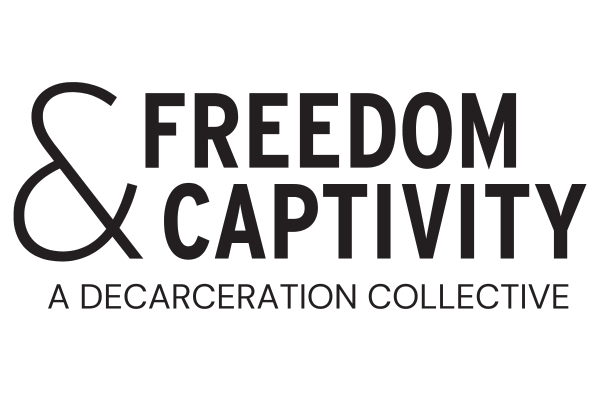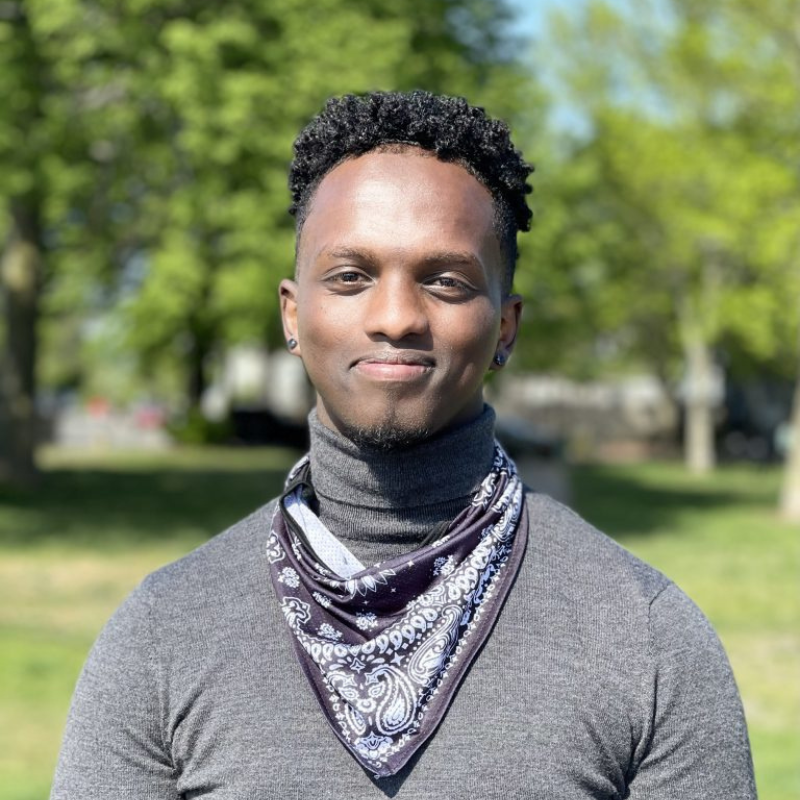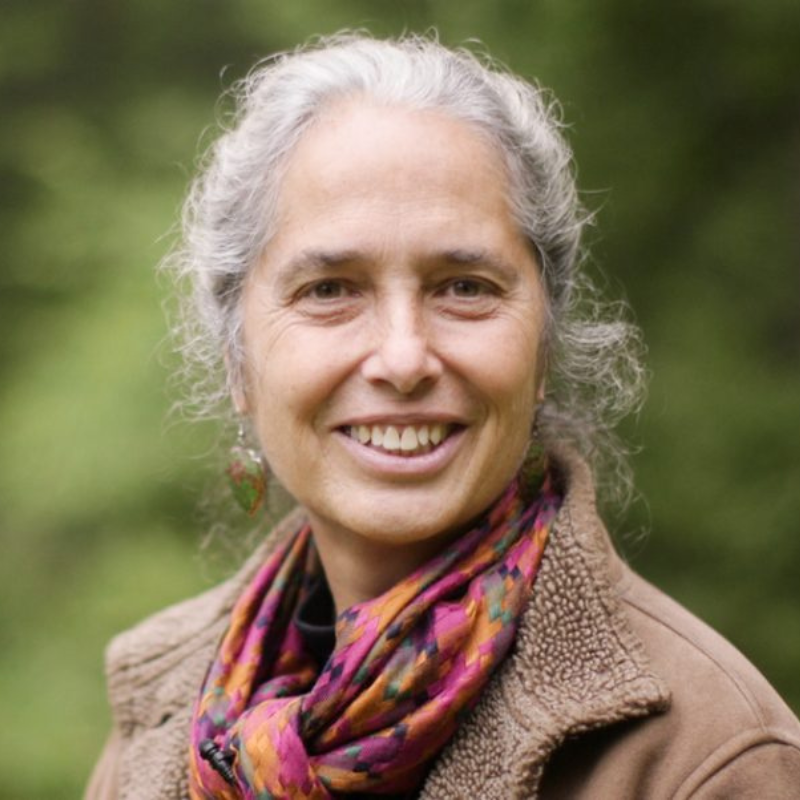F&C Curriculum Project
The F&C Curriculum Team has curated three course curricula that are based in restorative practices and are well suited for groups interested in intentional community building and meaningful dialogue. Each course invites participants to think in new ways about carcerality as the best response to harm, social justice, care, repair, accountability, and liberation and involves a mix of full group and small group discussions that draw on art, poetry, podcasts, case studies, videos, and other media. Our community classes are taught on Zoom by trained justice-impacted facilitators in an innovative effort to create community across prison walls. Sign up below to take a course or download the curricula and facilitator guides for your own use. Scroll down for our current list of trained facilitators.
Courses:
The courses below can be taught in 4, 8, 10, or 13 week versions, with a suggested meet of 2-2.5 hours each week.
Loss, Repair, and Transformation: Incarceration causes many losses. How can we build restorative pathways toward healing and recovery for everyone involved? The course develops an understanding of the losses associated with incarceration and envisions alternative responses to harms that prioritize healing, repair, and building healthy communities.
Journeys of Trauma, Healing, and Forgiveness: Everyone sees forgiveness differently, in different contexts, and with different foundational experiences. Engaging in this course can help prepare participants for the next phase of their life journeys. Because traumatic events tend to create a need for healing and forgiveness, those who experience trauma need a path to grow through the woundedness. This course explores Truth Telling and Story (TT/S) as avenues out of trauma and into healing and empowerment.
What is Liberation?: This class explores the concept of liberation and how we can free not just ourselves, but our minds and imaginations from the confines of thinking in terms of carcerality. The goals of this class are to think outside the box regarding liberation and captivity, including the history of captivity, how it invades our current mindsets, and how we can liberate ourselves from that mindset.
Download our curricula, along with the facilitator guide, a tech guide, and resources for support.
What is Liberation? Curriculum (coming soon!)
Course Testimonials:
“Thank you for this wonderful opportunity. There are so few spaces to be able to talk about such topics so openly and with such a diverse group of students. So grateful for this course and all the work of the organizers and instructors!” (Community Partner)
“I enjoyed facilitating the course, and it meant a lot to have the experience of co-facilitating and interacting with community members and with my co-facilitators. It was a personal gift to witness how others received what we were sharing and their openness to part of us for eight weeks and hopefully beyond.” (Facilitator)
"This has been a life changing experience for me and I feel like it's allowing our group to bond in such a special way, the more we can do this work I think the better we all will be as individuals and as a team." (Class Participant)
Donate!
F&C Community Classes are free, but depend on donations. Donations for F&C are being collected by Colby College's Alumni/Giving Foundation. To donate, please follow the directions below.
Click on the following link and begin to fill out the form: https://alumni.colby.edu/give/
Under "Designation," scroll down via the drop-down menu and select 'Other'
This will open up a text box right below that says 'Other Designation.' Please write "Freedom & Captivity" in the text box so Colby knows where to direct these funds.
Continue filling out the form's required information and hit "Secure Payment" when you're done.
Thank you!
The F&C Curriculum Project Team:
F&C CURRICULUM FACILITATORS:
This project is supported by an American Council of Learned Societies Sustaining Public Engagement Grant, a Maine Humanities Council SHARP grant, the Mellon Foundation, Opportunity Scholars of the Center for Effective Public Policy, Maine Prisoner Advocacy Coalition and Colby College.
























